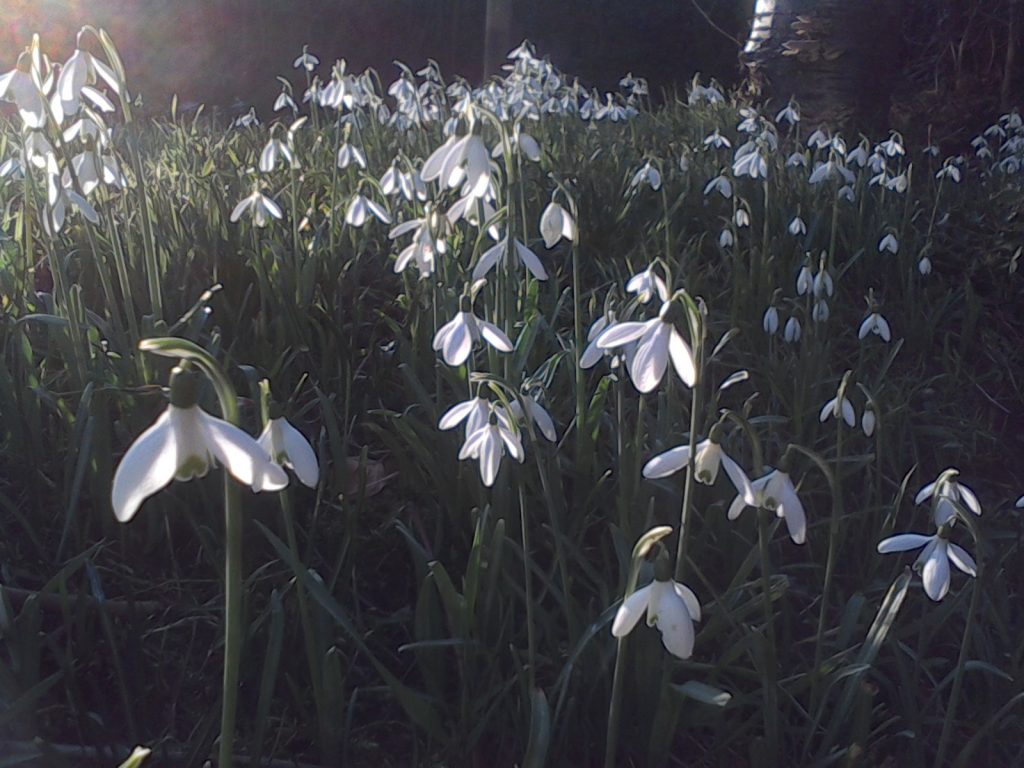
End of season bulb clearance now on with special offers on Bluebells, Snowdrops and Wood Anemones. Please click here for more details.

End of season bulb clearance now on with special offers on Bluebells, Snowdrops and Wood Anemones. Please click here for more details.
Bluebell seeds
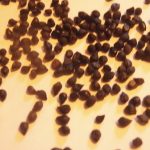
English Bluebell Seeds can be sown in semi-shade or sun but will look best grown in shaded woodland settings where the rich blue colour will be more intense. In the wild bluebells have a preference for acid soils and grow in a variety of habitats including woodlands, hedgerows, grassy banks and even alongside open coastal cliffs. In gardens, bluebell seeds can be introduced under small trees, Read more
The Wildflower Garden in May
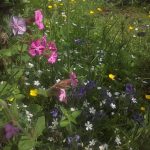
As spring moves steadily towards summer, the breeding season is now in full flow for many of our resident birds. By mid month the dawn chorus will reach a peak and a very early morning walk in deciduous woodland provides an unforgettable experience. A visit to old woodland in May can also be a source of inspiration to the Wildflower gardener. In certain woods, vast swathes of Bluebell still exist and can be found flowering this month, along with many other woodland plants such as Violets and Campions.
In the Wildflower garden the theme has so far been yellow. By May however, white takes over, with species such as Cow Parsley, Hedge Garlic, Greater Stitchwort, Wild Garlic and various tree blossoms such as Cherry and Hawthorn decorating woodlands and hedgerows.
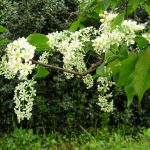
Look out too for hedgehogs this month. They are particularly active during May, often seeking out food at night. Left to their own devices, hedgehogs will help keep a check on the local slug population and other garden pests. If you wish to encourage them, then it is best to do so by putting out some tinned pet food and a simple tray of water.
The Wildflower Garden in April
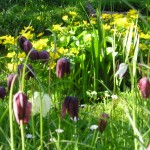
An unpredictable month weather wise, often with showers and sun but with the days lengthening and the ground starting to warm, April is the month that sees many of our native trees coming into leaf. Resident birds will already be egg laying and migrant birds such as swallows and warblers will be arriving into the country in huge numbers by the end of the month, the exact timing often affected by the various weather systems. Read more
Wildflowers for wet areas
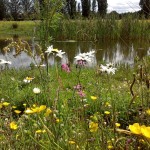
In February we wrote an article about growing wildflowers on clay. Clay soils often get very water logged in winter but what about areas prone to regular winter flooding that remain under water for long periods. Flood meadows have always played a part in flood alleviation and there are many benefits of growing specialist wildflowers for wet areas. As a scheme at Longford near Gloucester demonstrates, the restoration and creation of new wildflower water meadows can naturally enhance flood defense schemes as well as providing a valuable asset for the community and a haven for wildlife. Read more
Wildflowers for Clay
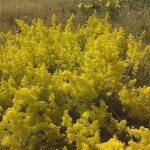
Clay is a very common soil type and we are frequently asked which wildflowers will grow best on this type of soil. Clay soils are characterized by frequent water-logging in winter, and drying out in summer. In very dry weather clay soils will often bake and start to crack near the surface. Clay soils are usually hard to work and will stick to the soles of boots and other digging equipment.
Wildflowers that grow well on clay need to be tough and adaptable to the extreme conditions. Fortunately there are many native species available that meet these requirements and some popular wildflowers for clay include Lesser Knapweed, Oxeye Daisies, Birdsfoot trefoil, Cowslips, Meadow Buttercup, Yellow Rattle, Sorrel and Great Burnet.
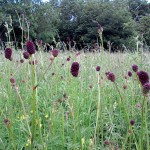
A more comprehensive list of wildflowers for clay can be found by visiting our homepage and entering the word “clay” into the search box at the top left of the screen. You will be presented with a list of suitable products, including many species that can be purchased through our website as individual wildflowers seeds.
As well as selling individual wildflower seeds, we also offer a wide range of wildflower mixtures suitable for various soil types including a wildflower and grass mix for clay soil and a 100% wildflower mix.
Both mixtures contain an optimum of around 14 individual wildflower species. This is a well proven balance and has been carefully formulated to give best chances of success based on years of experience. Once established, mixtures will provide a spectacular display of perennial wildflowers every summer. If you would like to add instant color in the first season then it will be necessary to sow a crop of cornfield annual wildflowers as a nurse crop to the perennial mixture. For further information on how this may be achieved please click here.
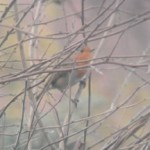
Attracting birds to your garden by growing the right wildflowers can be a natural alternative or supplement to buying Wild bird food. Grown correctly, wildflowers can offer a permanent food source for garden birds through the important winter months and rest of the year. Read more